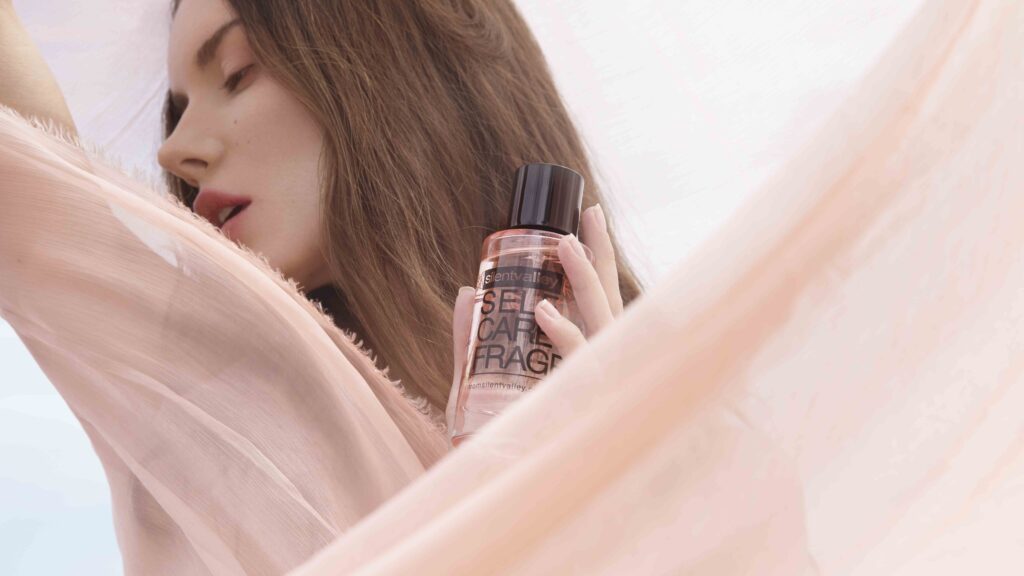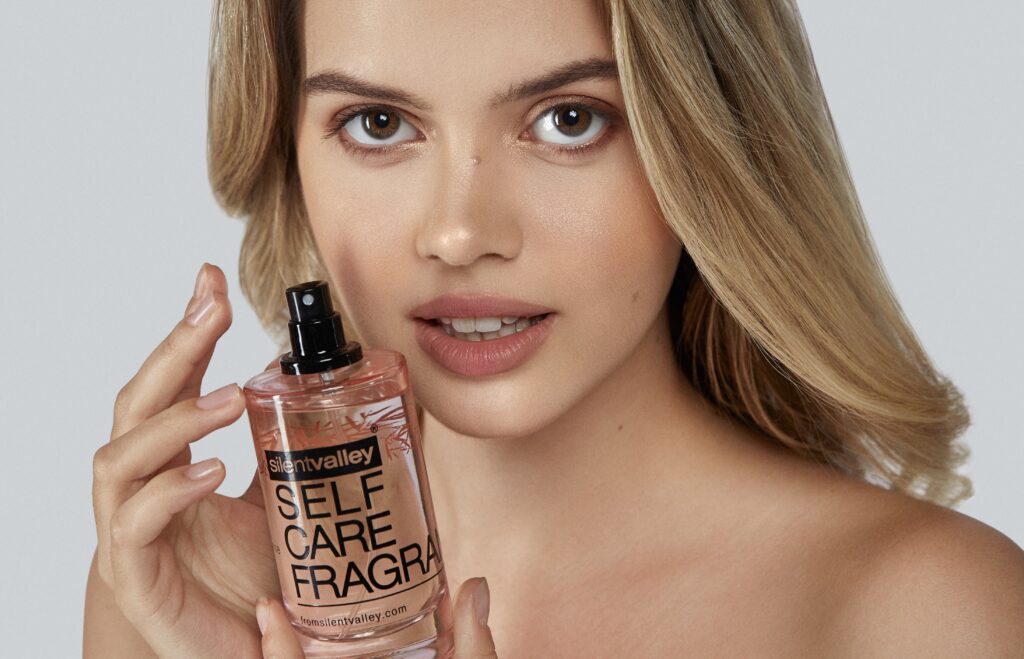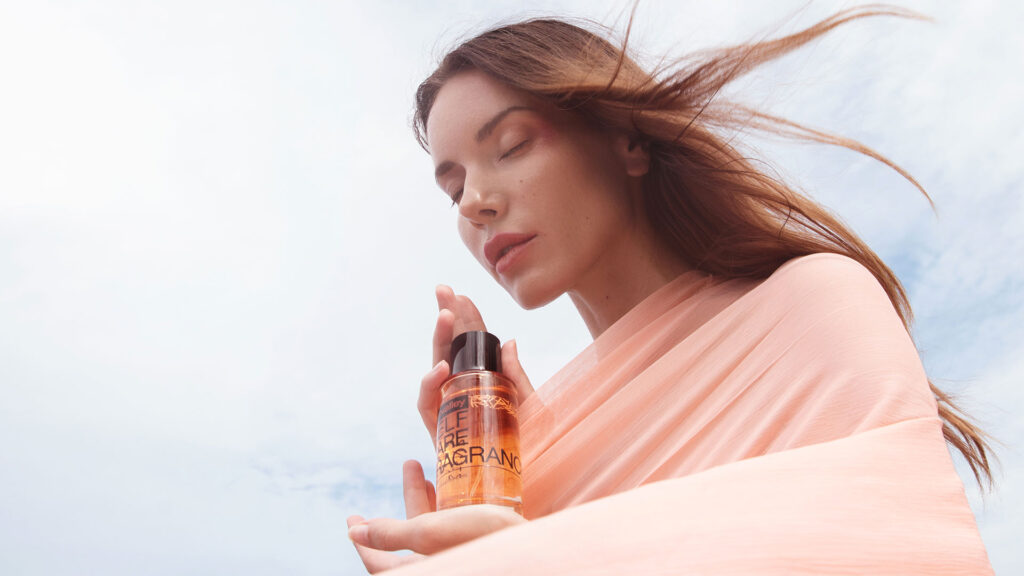- Home
- Feeling Good
- Unlocking the Mystery of Aromatherapy
Unlocking the Mystery of Aromatherapy

The mystery associated with Aromatherapy and its essential oils and tools dates back to the Egyptians who used the technique for embalming the deceased, making cosmetic products and preparing love potions. Aromatic oils were used as early as 5000 years ago, by priests and rulers alike – for physical, mental and spiritual healing. Nearly 180 references to the word in the Bible have only created more enigma around its applications.
Records dating 4000 years describe how Ayurveda physicians in India administered oils of over 700 aromatic herbs for religious and therapeutic usages. The practice was so entwined in Indian culture that incenses, scented flowers and natural aromas had become ubiquitous in worship and everyday rituals for centuries, often relating to personal use in spiritual upliftment, cleansing and purification of the soul.
With the advancement in time and progress in science, techniques of Aromatherapy began to be implemented in nearly everything – from therapeutics and cosmetics to recreational uses of essential oils. Aromatherapy – within the framework of traditional healthcare – was offered by trained professionals to patients seeking diagnostic wellness. Fragrant essences began to be prepared at home to help heal one’s own mind and spirit.
Plenty of literature on Aromatherapy served as a guide to simple and easy remedies for dozens of common conditions, offering information about fragrant plants, barks, flowers and leaves used in Aromatherapy, and in-depth knowledge of using their essential oils with soothing massages. It was as though the secret of the ages had been revealed and accepted as a practice of Self-care to promote physiologic, spiritual and emotional wellness.
Studies have gone as far as bringing out the nurturing properties of Aromatherapy and detected subtle Autonomic Nervous System (ANS) changes through the absorption of essential oils through 15-min inhalations. Radical, dynamic and long-lasting improvements in physical, mental, and emotional well-being have also been indicated in studies of patients suffering from Cancer and Dementia.
The term Aromatherapy, invented by the French Chemist Rene-Maurice Gattefosse in 1935, after he effectively treated a burn with Lavender oil, now involves extracting real, pure and unadulterated essences from Peppermint, Tea Tree, Rose, Bergamot, Lemon Verbana, Frangipani, Jasmine, Vanilla, Mandarin, Frankincense and more, through a process of steam distillation, cold pressing, or solvent extraction – to produce a range of self-care fragrances.
At Silent Valley, we have combined age-old holistic practices and modern scientific techniques in an endeavour to enable ‘feeling good’ with Aromatherapy. When sprayed, our handpicked range of essential oil extracts can stimulate the pleasure centre of the brain, relieve stress and anxiety, offer feelings of positivity, boost energy by pumping blood flow and instantly calm and soothe the mind.



